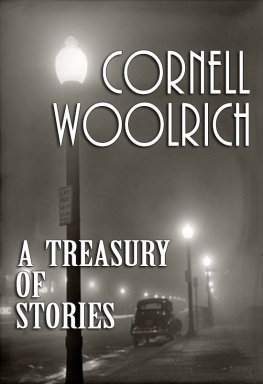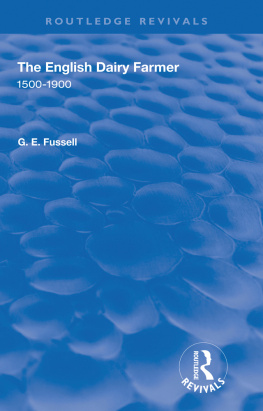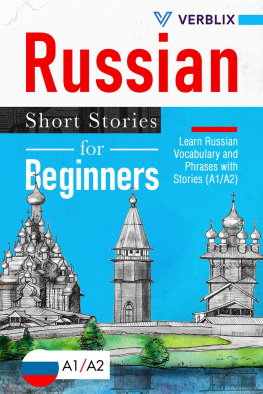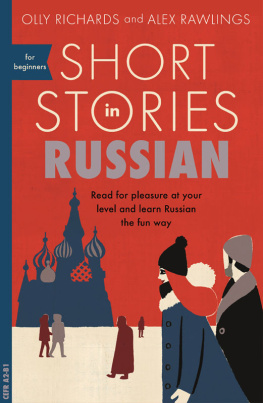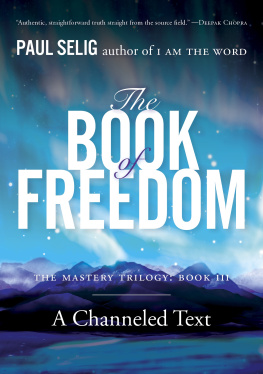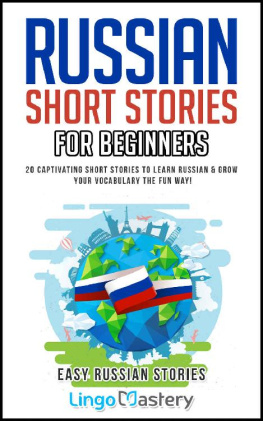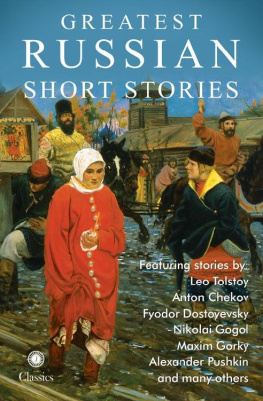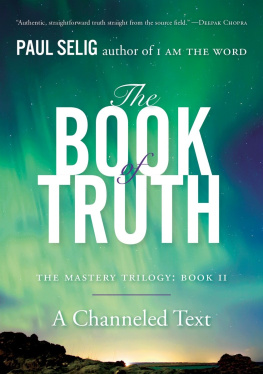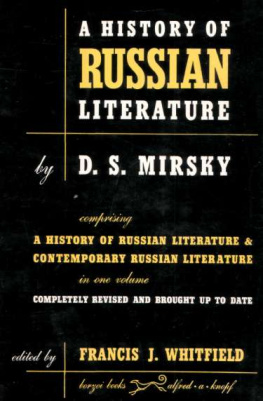Selig O. Wassner - Treasury of Russian Short Stories, 1900–1966
Here you can read online Selig O. Wassner - Treasury of Russian Short Stories, 1900–1966 full text of the book (entire story) in english for free. Download pdf and epub, get meaning, cover and reviews about this ebook. year: 1968, publisher: Fredrick Fell, Inc, genre: Detective and thriller. Description of the work, (preface) as well as reviews are available. Best literature library LitArk.com created for fans of good reading and offers a wide selection of genres:
Romance novel
Science fiction
Adventure
Detective
Science
History
Home and family
Prose
Art
Politics
Computer
Non-fiction
Religion
Business
Children
Humor
Choose a favorite category and find really read worthwhile books. Enjoy immersion in the world of imagination, feel the emotions of the characters or learn something new for yourself, make an fascinating discovery.

- Book:Treasury of Russian Short Stories, 1900–1966
- Author:
- Publisher:Fredrick Fell, Inc
- Genre:
- Year:1968
- Rating:4 / 5
- Favourites:Add to favourites
- Your mark:
- 80
- 1
- 2
- 3
- 4
- 5
Treasury of Russian Short Stories, 1900–1966: summary, description and annotation
We offer to read an annotation, description, summary or preface (depends on what the author of the book "Treasury of Russian Short Stories, 1900–1966" wrote himself). If you haven't found the necessary information about the book — write in the comments, we will try to find it.
Treasury of Russian Short Stories, 1900–1966 — read online for free the complete book (whole text) full work
Below is the text of the book, divided by pages. System saving the place of the last page read, allows you to conveniently read the book "Treasury of Russian Short Stories, 1900–1966" online for free, without having to search again every time where you left off. Put a bookmark, and you can go to the page where you finished reading at any time.
Font size:
Interval:
Bookmark:
Treasury of Russian Short Stories
1900 1966
Treasury of Russian Short Stories
1900 1966
Translated
by
Selig O. Wassner

Copyright 1968 by Selig O. Wassner
All rights reserved
For information address:
Frederick Fell, Inc.
386 Park Avenue South
New York, N.Y. 10016
Library of Congress Catalog Card No. 68-10800
Published simultaneously in Canada by
George J. McLeod, Limited, Toronto 2B, Ontario
Manufactured in the United States of America
To My Wife, Annabel, My Critic And Editor
PERSONAL ACKNOWLEDGMENTS
Gosizdatelstvo Khudozhestvennoy Literatury, MOSCOW
Yunost Magazine, MOSCOW
Molodaya Gvardya, MOSCOW
Am-Rus Literary Agency, NEW YORK
BY LEONID ANDREYEV1900
BY MAXIM GORKY1900
BY PYOTR ZAMOYSKI1927
BY SEMYON PODYACHEV1916
BY ALEXANDER SERAFIMOVITCH1926
BY VASSILY GROSSMAN1940
BY VITALI VASSILEVSKI1940
BY CONSTANTIN TRENYEV1943
BY YEVGENYA LEVAKOVSKAYA1957
BY ANNA VALTSEVA1951
BY TATYANA TAESS1958
BY NICOLAI CHUKOVSKI1964
BY MARINA ROMANINA1963
BY YELENA USPENSKAYA1965
BY V. KAVERIN1963
BY E. CHEREPAKHOVA1965
BY GEORGI GULIA1966
BY YURI KACHAYEV1961
BY NAZIR SAFAROV1965
BY VASSILY AKSENOV1964
BY VICTOR SLAVKIN1965
BY YURI BONDARYEV1965
BY ANATOLI RUBINOV1966
Treasury of Russian Short Stories
1900 1966
If life has a purpose, and if the purpose of literature is to mirror life, then the purpose of my anthology is to project to the English-speaking reader an historical mosaic of the Soviet Union without either ideological glorifications or the anathema of evil. It is neither the paradise of Communist utopia nor the specter of an Orwellian dictatorship that Soviet literature reflects through the nonpolitical fiction of this anthology; it is the progress of the Russian individual thought. And since this fiction, untarnished by propaganda and hitherto untranslated, has not come from sources alien to the Soviet system but from Soviet anthologies, magazines, and books, the voice of protest that rings through its pages strikes with the force of a prayer. It is the universally constant quest for personal self-assertion. Thus the works included in this collection are meant to synthesize (in the words of the Russian song Vast are you my native land) a comprehensive, honest-to-life kaleidoscopic view of the kolkhoz and the city, from the Ukraine to the Far East, and from Georgia to the Arctic Sea.
Cum tacent clamant was the Roman motto for passive resistance. The most forceful way for the Russian to express his resistance to the politically repugnant features of the Soviet system was to eschew political problems in literature as if they did not exist. In THE SAFETY INSPECTOR , Vassili Grossman does nothing else but draw a factual picture of a skillful, middle-aged engineer facing an unexpected promotion. There is no overt criticism of the Stalinist regime, but the reader cannot help but wonder whether the frostbites and the bug bites, the pangs of hunger and the sweat of swelter are all an inseparable adjunct of an honest life; and the twist of the story does nothing to dispel the suspicion that Communist society has not learned how to reward conscientious work.
However, the Russian is not a melancholy brute who has resignedly accepted his role as a pawn of the collective according to the precepts of Lenin. Nor is he, for that matter, an intransigent rebel ready to raise a flaming banner against his own state or in the cause of world communism. He is, above all, a nonconformist. He is an individual whose personal problems are foremost in his mind, who wants to be free to solve them without the states interference. Im I, he insists. I want to be myself.
I want to be myself! This silent cry of the Soviet man expresses itself with a rhythmic, multifarious consistence. It may be a bird YONDER-WONDER , one wing black the other red which, as a young woman hopes, will come aflying and add color to her life, or a prism, a piece of glass, in which the young scientist Petya Uglow expects to find the missing link he needs to construct a machine to study physiology. The voice of protest culminates in a school principals CASE OF GEOPHOBIA , a most modern manifestation of an ancient malady afflicting not only the Soviet man but any man who wants to find himself. And the Soviet man wants to find himself and be whole.
An anthology of Soviet literature would not be complete without a juxtaposition of the preceding pre-revolutionary period. I have introduced, therefore, as part of my selection, as a part of a chronological whole, four stories on life in pre-Communist Russia. The first, NIPPIE by Leonid Andreyev, symbolizes Russia before 1905, the midnight of despair. This was hopelessness as black and deep as a fall night and as wild as an abandoned dogs howl.
Russia was a country of despair. It was the despair and the hunger, the physical hunger, of the Russian muzhik when he was working for a few kopecks ( THE SALTMINE by Maxim Gorki) or when he desperately tried to borrow flour to feed his starving family ( THE TWO KINDS OF TRUTH by P. Zamoyski) that served as a mind-opener and the precursor of the great upheavalthe Revolution.
The theme of the Revolution is most eloquently captured by A. Serafimovitchs TWO DEATHS , a touching story of a Russian girl caught in the purgatory of fire and destruction. Then came peace, and the rumbles of the undying class struggle reverberate in ONCE UPON A MORNING by V. Vassilevski. They were cruel, the ex-landlords of old Russia, but look at them now! Is the Soviet man asked to have compassion?
What follows is the Second World War, a topic which has otherwise saturated Soviet literature for the last twenty-six years. In line with my original thought of presenting an historical picture of the Soviet Union as a whole, I chose only two stories relating to the war: THE BIRTHDAY (Panteleyev) and HAPPINESS IS NOT FAR AWAY (Levakovskaya), both treating hostilities from a personal rather than from a national viewpoint. The people, the men and the women, feel and participate in the war in spite of themselves. Levakovskaya, for one, draws a sympathetic portrait of the enemy who has mercilessly razed the Russian country. It is now and here that individual freedom has emerged from its loud silence into a whisper of why.
Why? As in MEN MY BIG MOUTH (Podyachev), when the question as to Why are we fighting this war? was raised by a Russian peasant, so here the same question is voiced once againbut by a Soviet man through the German soldier. The cultural thaw has not set in yet; the voice is no louder than a whisper. But bolder ideas are to come, and personal problems of the average Russian, of the average citizen of the Soviet Union, will find an airing.
Thus, the theme dominating the final part of my selection, the theme made possible by that very whisper of protest, is devoted to casting the Soviet man against the mirror of his state. They are cardinally different problems, the personal problems besetting the triangle in ONE TOO MANY by Kachayev and the poignantly sarcastic husband (or suitor) in GOLDEN MONTH by Safarov; still, these are individual problems which have nothing to do with national conflicts except that they would not have found their raison detre were it not for the political nature of the Soviet Union. And the political nature of the Soviet Union is changingbecause of those problems and because they are mirrored in literature.
Next pageFont size:
Interval:
Bookmark:
Similar books «Treasury of Russian Short Stories, 1900–1966»
Look at similar books to Treasury of Russian Short Stories, 1900–1966. We have selected literature similar in name and meaning in the hope of providing readers with more options to find new, interesting, not yet read works.
Discussion, reviews of the book Treasury of Russian Short Stories, 1900–1966 and just readers' own opinions. Leave your comments, write what you think about the work, its meaning or the main characters. Specify what exactly you liked and what you didn't like, and why you think so.

